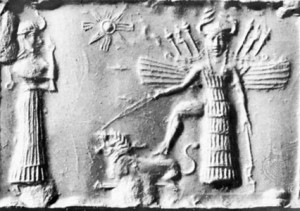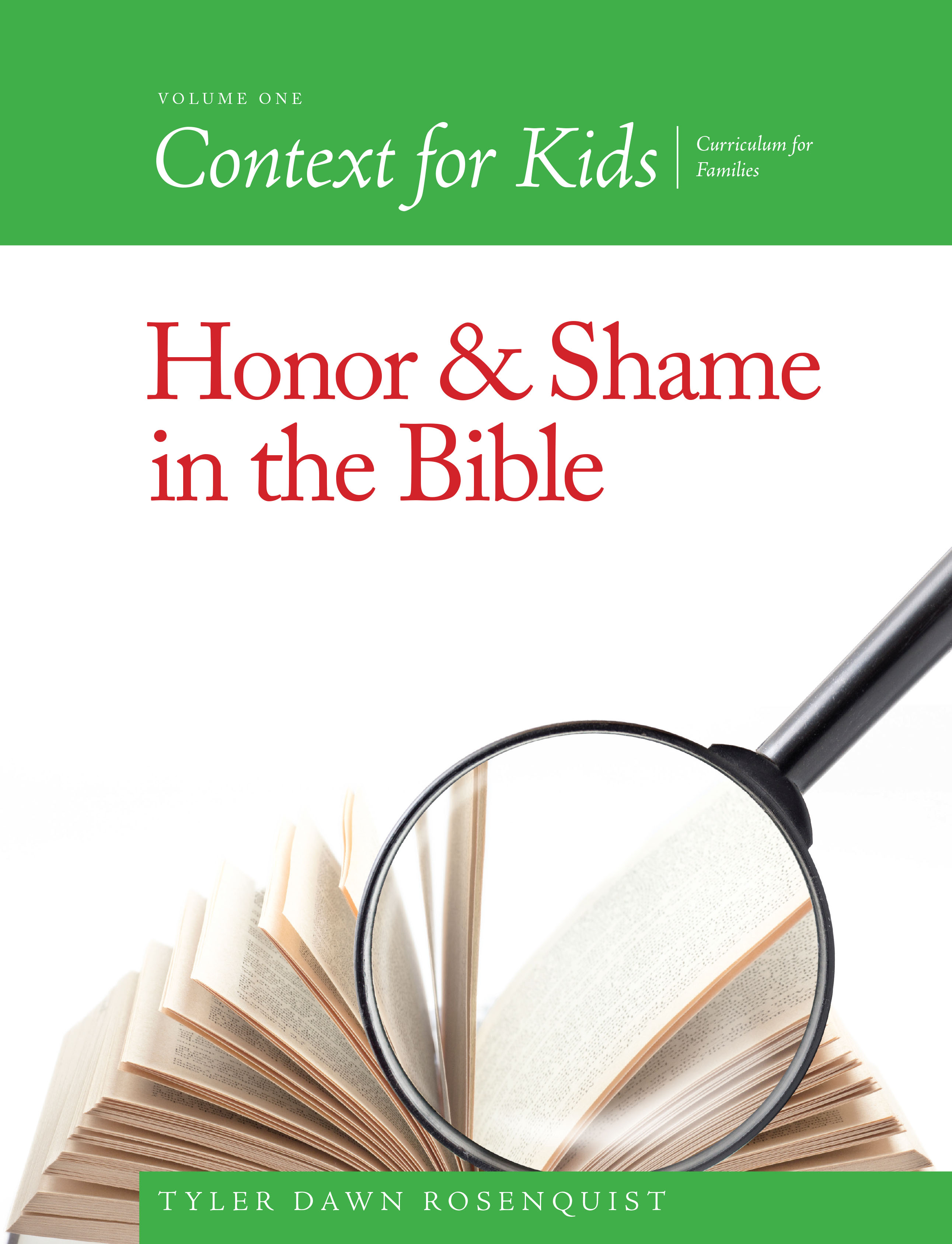So, this is not what I was studying. I was looking into Molech worship from the vantage point of Emperor Cult and cult prostitution in the light of this week’s Torah Portion – and then I stumbled upon this by accident. And it was way too cool not to dig into, explore and share.
“Oh Istar, merciful goddess, I have come to visit you. I have prepared for you an offering, pure milk, a pure cake baked in ashes (kamanu tumri), I stood up for you a vessel for libations, hear me and act favorably towards me.” – A hymn of Ishtar (there have been many different hymns preserved), quoted in Ackerman
What is Kamanu tumri? It is a thin unleavened loaf of fine flour baked in ashes – literally called an “ash cake” (as opposed to bread made in a formal oven, tumru bread is made on the go, in haste). In fact it is still made by Arabs to this day. (1) What is a pure cake? I believe that calling it a “pure cake” would probably be a reflection of the fact that it hasn’t had time to become leavened.
Not immediately a game changer until you look at Jeremiah 7:18
The children gather wood, the fathers kindle fire, and the women knead dough, to make cakes (kawwanim) for the queen of heaven. And they pour out drink offerings to other gods, to provoke me to anger. (2)
Kawwanim is a loan word derived from the Akkadian kamanu (3) and the only other place we see it in scripture is Jer 44:19
And the women said, “Indeed we will go on making offerings to the queen of heaven and pouring out libations to her; do you think that we made cakes for her, marked with her image, and poured out libations to her without our husbands’ being involved?” (4)
In context, Jeremiah 44 concerns the return of the Jews to the worship of the Queen of Heaven as they feel they had been cursed since abandoning her. Going back to the first quotation from the Hymn of Ishtar, the entire reason the hymnist was offering milk, cakes and wine was in order to be heard and blessed.
Look at that unique phrase in Jer 44:19 – marked with her image – l’ha’asibah. The only other place we see this in scripture is when Job is speaking of being fashioned by God’s own hands in Job 10:8. So we have unleavened, thin, fine flour cakes either fashioned in the image of Ishtar or bearing her mark. Her “mark” or fashioned shape, as we know from the plentiful archaeological finds (including her entire Temple excavated in Ninevah and a great many tablets giving us an incredible wealth of knowledge about her cult – heck, we even know that her priests were cross-dressers!), would have been one of four possible things – the eight pointed star, the lion, the owl, or perhaps they were fashioned in the shape of her body in some way as she was a unique sort of fertility goddess without being a mother goddess (goddess of the storehouse and of prostitutes, go figure – kinda like having a day job and a night job).
So what would Ishtar eat? Thin, fine flour, unleavened cakes fashioned or stamped with her sign – paired with a nice glass of Chianti. (well okay, probably not Chianti)
Does this mean that unleavened bread is somehow pagan? Or wine poured out on the altar? Of course not – no more so than the meat, leavened bread, honey, salt, milk and other foods. Unleavened bread is simply bread made without waiting for the leavening process, which in ancient times was a long and complicated process.
In the end, a pagan offering requires a pagan target and pagan intent. Form and function working together for the specific purpose of drawing near to another deity. Nothing offered to pagan gods was, in and of itself, pagan – but shaping or stamping a flat unleavened cake with the image of Ishtar and then purposefuly offering it up to her? Yeah that’s pagan. Context and intent change everything – and they especially change how we read and interpret the Bible.
(1) Barrows, E. P., The Manners and Customs of the Jews: pg 99; also Luzac’s Semitic Texts and Translation Series, Vol. 15, The Devils and Evil Spirits in Babylonia, p 19
(2) The Holy Bible: English Standard Version. (2001). (Je 7:18). Wheaton: Standard Bible Society.
(3) Ackerman, Susan, “And the Women Knead Dough: The Worship of the Queen of Heaven in Sixth Century Judah” in Bach, Alice, Women in the Hebrew Bible (1999) pp 21-32
(4) The Holy Bible: New Revised Standard Version. (1989). (Je 44:19). Nashville: Thomas Nelson Publishers.




















Wow, how interesting! What an interesting side track to go down.
Where do these sightings fit in relation to the first Passover? Do you think there is any connections between the unleavened breads, or just one of those things.
Nope, absolutely no connection – really there were only two types of bread in the ancient world, leavened and unleavened and some gods have leavened sacrifices and some had unleavened. Leavened breads were made in formal ovens in established homes whereas unleavened breads were made away from home, in haste. Those who came to the Temple to worship Ishtar would likely have traveled to do so. As Ishtar was worshiped thousands of miles away, she would not have been recognized as a legitimate regional goddess in Egypt. Her closest counterparts were Anat in Egypt and Astarte in Palestine, but they weren’t exactly the same. As I recall, the Egyptians offered up leavened breads to their gods. Here is a link where my friend Matthew Vander Els teaches about Unleavened Bread with relation to Egypt. http://hebraicrootsnetwork.com/the-unleavened/ – watched it last year and it was awesome
Unleavened bread is the default bread when there is no time for bread to rise. Remember, they did not have those little packets of yeast, but had to use real yeast from the air, or a lump from a previous loaf of leavened bread. Either way, the process of leavening bread takes time. So having unleavened bread is not necessarily a spiritual thing, but simply a practical matter, and depends on having time for the leavening to occur.